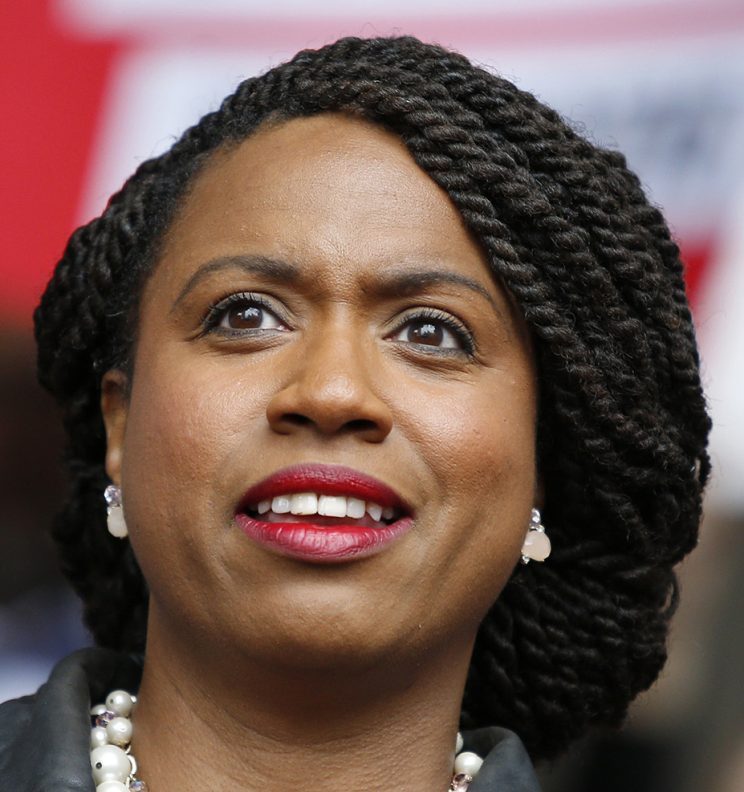BOSTON — Ayanna Pressley has completed her quest to become Massachusetts’ first black woman elected to the U.S. House of Representatives.
The 44-year-old Democrat sailed through Tuesday’s general election unopposed, two months after unseating 10-term Rep. Michael Capuano in a national political stunner in the state primary.
With no Republican in the race in the heavily Democratic district, her September upset victory had all but assured Pressley the keys to the office, with only the remote possibility of a write-in campaign to potentially stop her. That unlikely scenario behind her, she’ll now represent the 7th Congressional District – the first in Massachusetts where minorities make up a majority of the voting population.
“It is hard to believe that in the 230-year history of our delegation, there’s never been a person of color,” she said on “Matter of Fact with Soledad O’Brien.”
(Although that’s true of the House, Republican Sen. Edward Brooke of Massachusetts, who took office in 1967, was the first black politician to be elected by popular vote after the 17th Amendment was ratified in 1913.)
Pressley, 44, is also the first African-American to serve on the Boston City Council.
Endorsed last month by former President Barack Obama, she got a big early boost from fellow congressional upstart Alexandria Ocasio-Cortez, who similarly knocked off veteran Rep. Joe Crowley of New York in June.
Both rode a rising wave of pro-woman sentiment to Washington as the party embraced diversity and liberal politics as the recipe for success in the Trump era.
“With her victory tonight, Ayanna Pressley has not only made history … she’s ensured that Democrats have the voice of a young, black progressive woman helping lead the fight for inclusive populist reforms,” the political action committee Democracy for America said Tuesday night.
In the run-up to the midterms, Pressley held off on saying where she stands on Nancy Pelosi, the Democrats’ embattled House leader.
From the outset, Pressley made clear that she meant serious business, telling voters before she sent Capuano packing that she viewed the race as “a fight for the soul of our party and the future of our democracy.”
The district includes a wide swath of Boston and about half of Cambridge, as well as portions of neighboring Chelsea, Everett, Randolph, Somerville and Milton. It includes the neighborhood of Roxbury, the traditional center of Boston’s black community.
Ideologically, Capuano was much like Pressley: liberal, a self-described progressive. But the white, middle-aged incumbent didn’t look like many voters in his district, even though Pressley herself had bristled at the notion that race was a defining issue in the contest.
She flashed that defiance during a debate, saying: “I happen to be black and a woman and unapologetically proud to be both, but that is not the totality of my identity.”
But Pressley also made clear the importance of diversity in the nation’s halls of power.
“I do think that our democracy is strengthened by an engagement of new and different voices,” she told college newspaper editors in Boston in October.
Send questions/comments to the editors.


